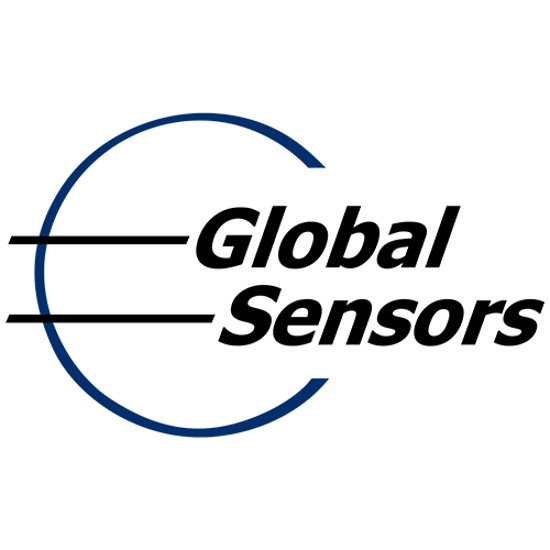Vaccine monitoring is an essential part of properly storing and distributing vaccines. Proper vaccine monitoring is crucial to ensure that these vaccines remain effective and safe while being stored or transported. Vaccines are sensitive biological products that can become ineffective or even harmful if exposed to incorrect temperatures.

There are many reasons why proper vaccine monitoring is crucial to your operation, including:
- Vaccine efficiency—Vaccines contain active components, like weakened viruses and proteins, that create an immune response when administered. If exposed to temperatures outside of the recommended range, these components can degrade and make the vaccine less effective.
- Storage—In most cases, vaccines are stored at specific temperatures, which can prevent both freezing and excessive heat exposure. With regular vaccine monitoring, vaccines can be kept within the required temperature range.
- Transportation—In many cases, vaccines will travel long distances, and any temperature fluctuations during transit can impact their integrity. By monitoring vaccine shipments, you can ensure vaccines remain within the right temperature range during the transportation process.
- Cold chain management—The cold chain refers to the continuous storage and distribution processes that require specific temperature ranges to ensure the quality of the vaccines. Any deviations from the temperature range at any point along the cold chain can compromise the effectiveness of a vaccine.
Make sure your vaccines stay within the correct temperature range by turning to us for vaccine monitoring solutions. To learn more or to schedule a consultation with us, contact us at Global Sensors today.


